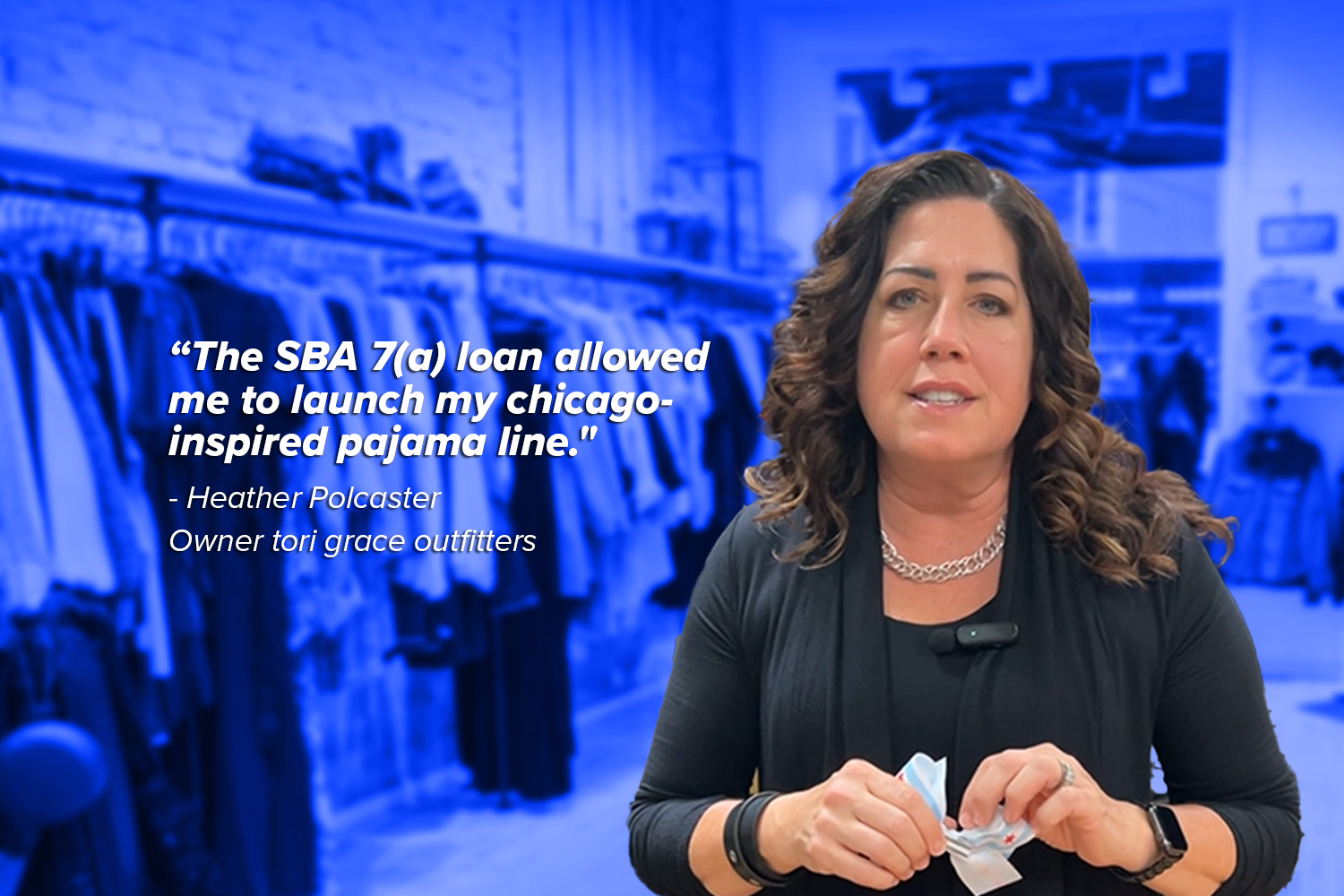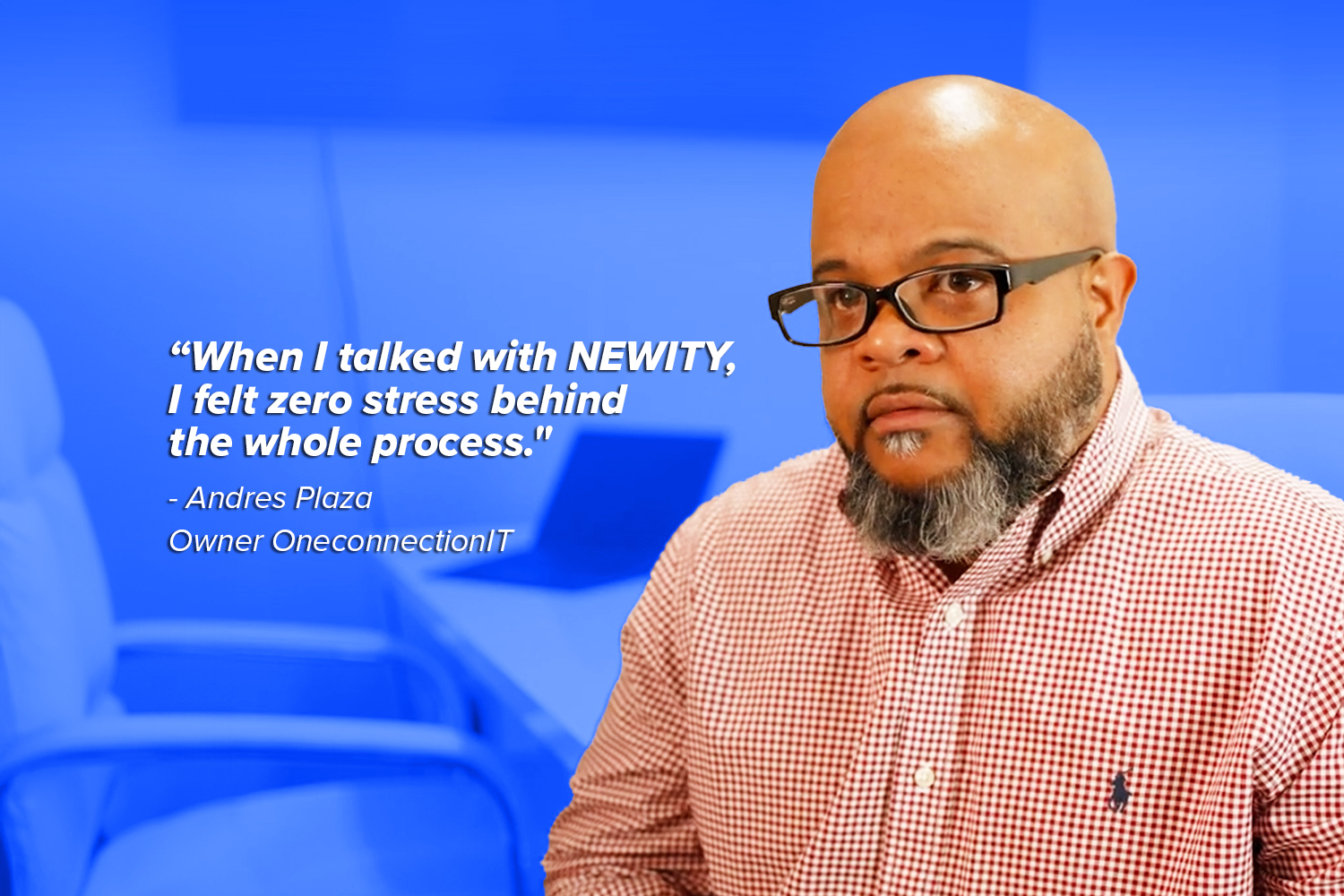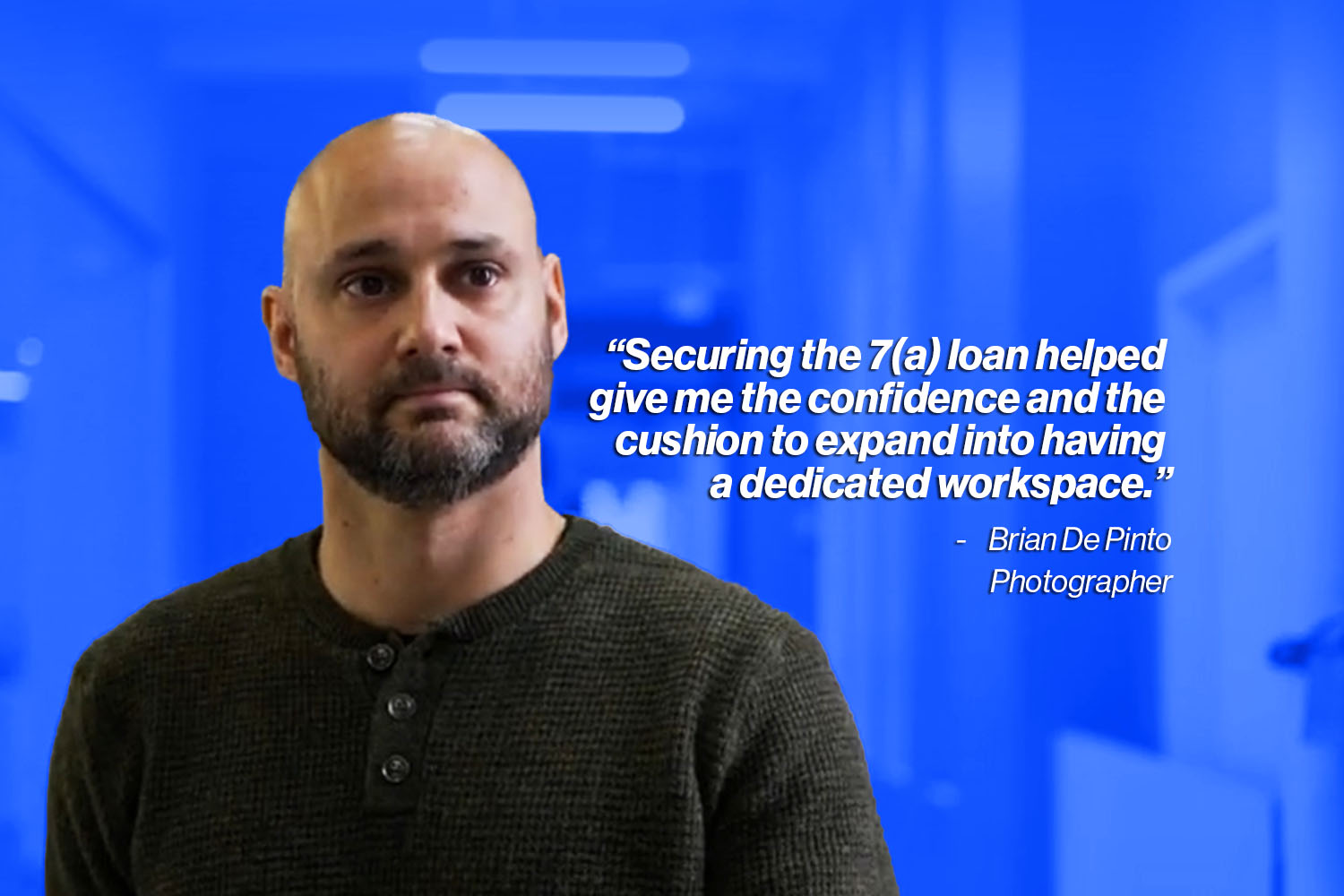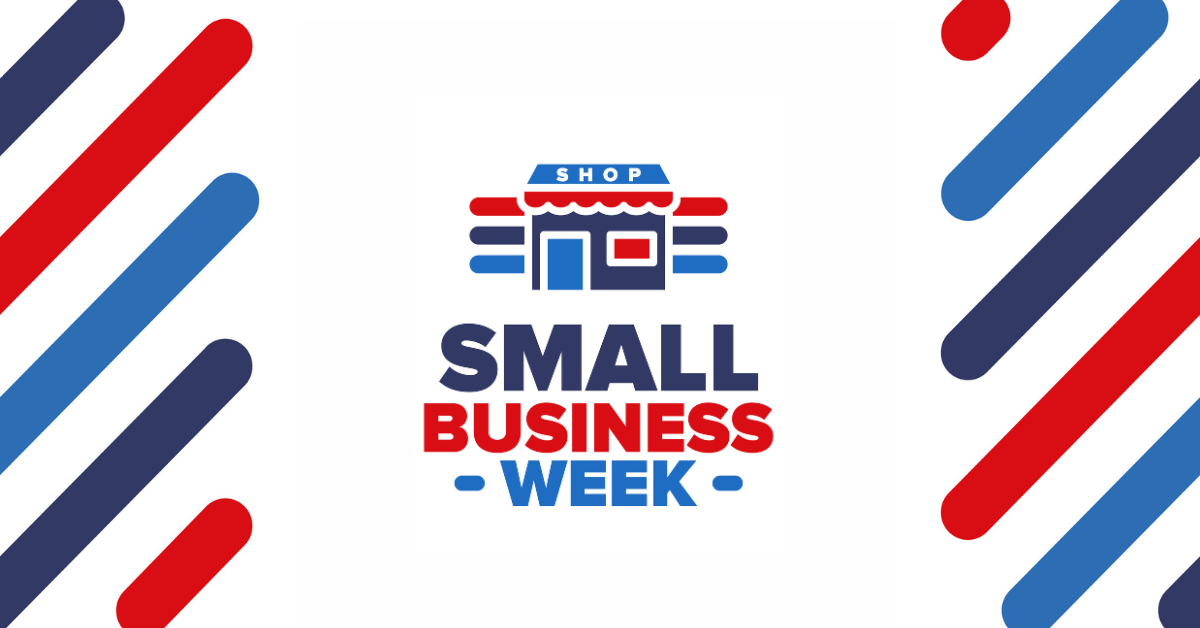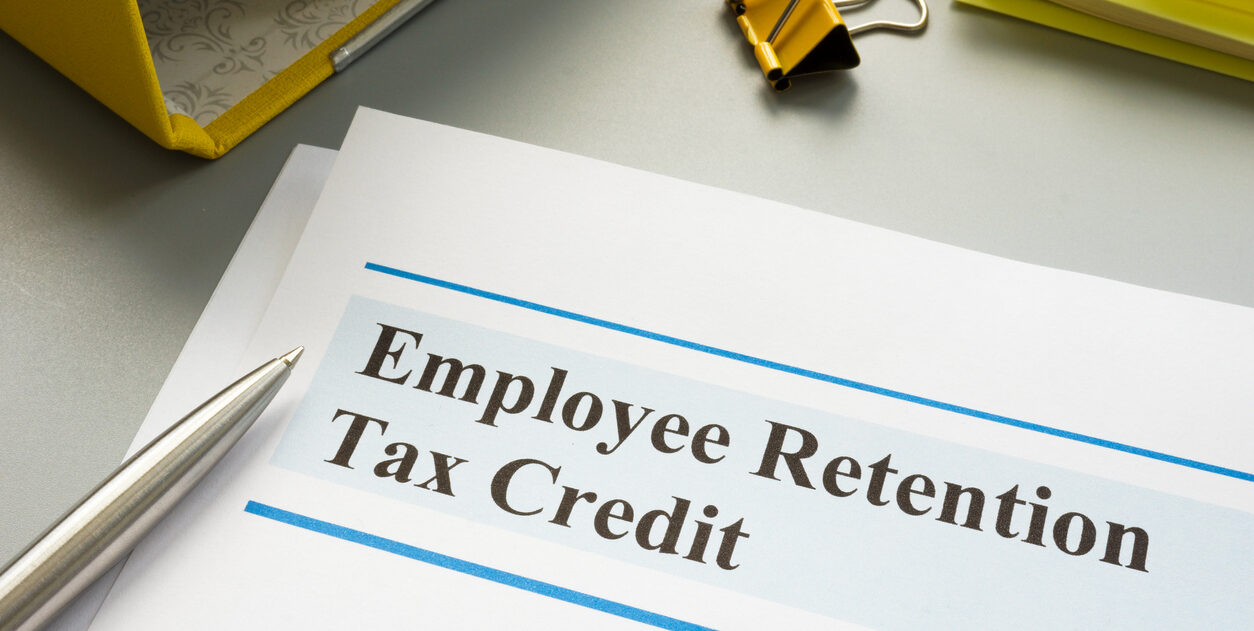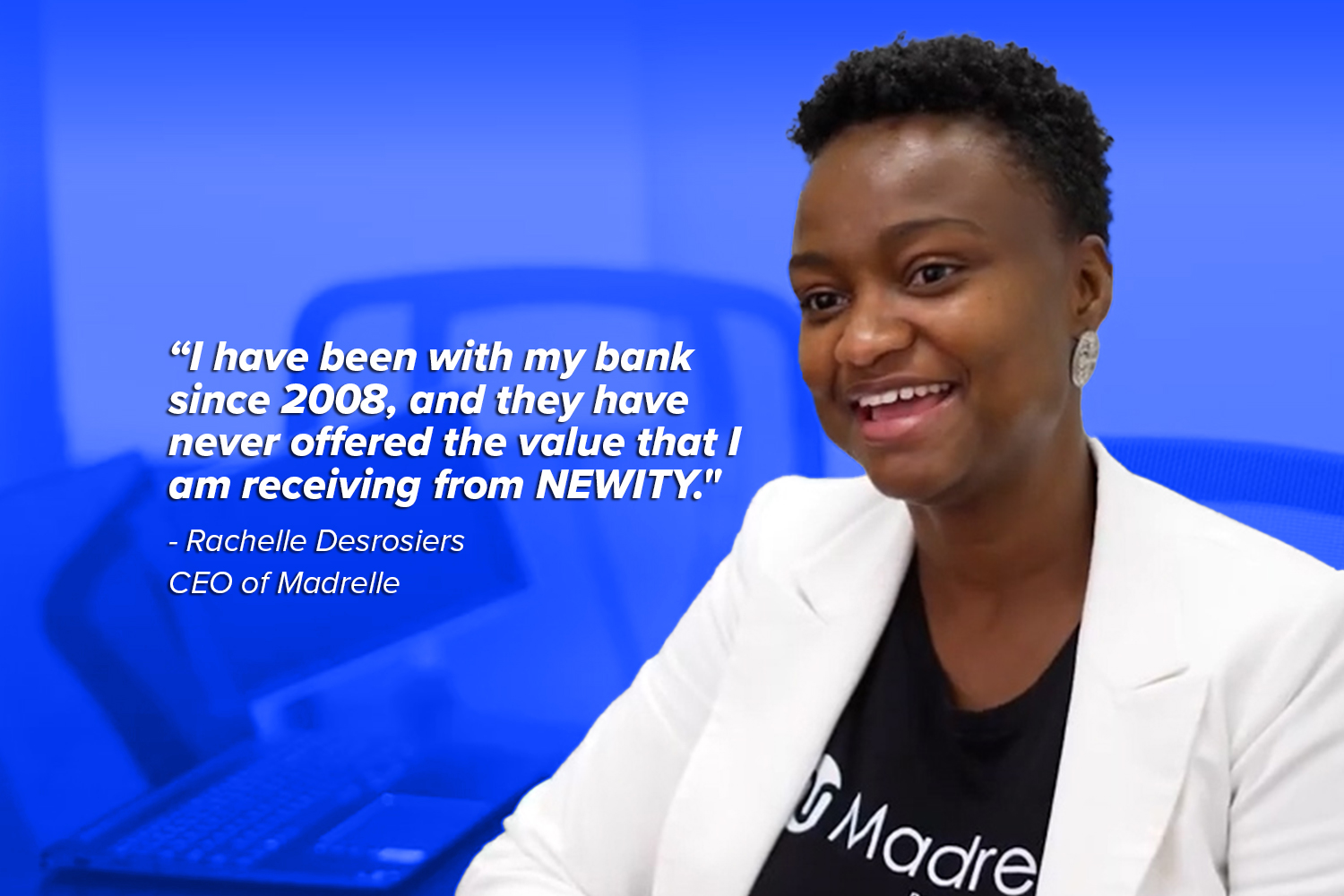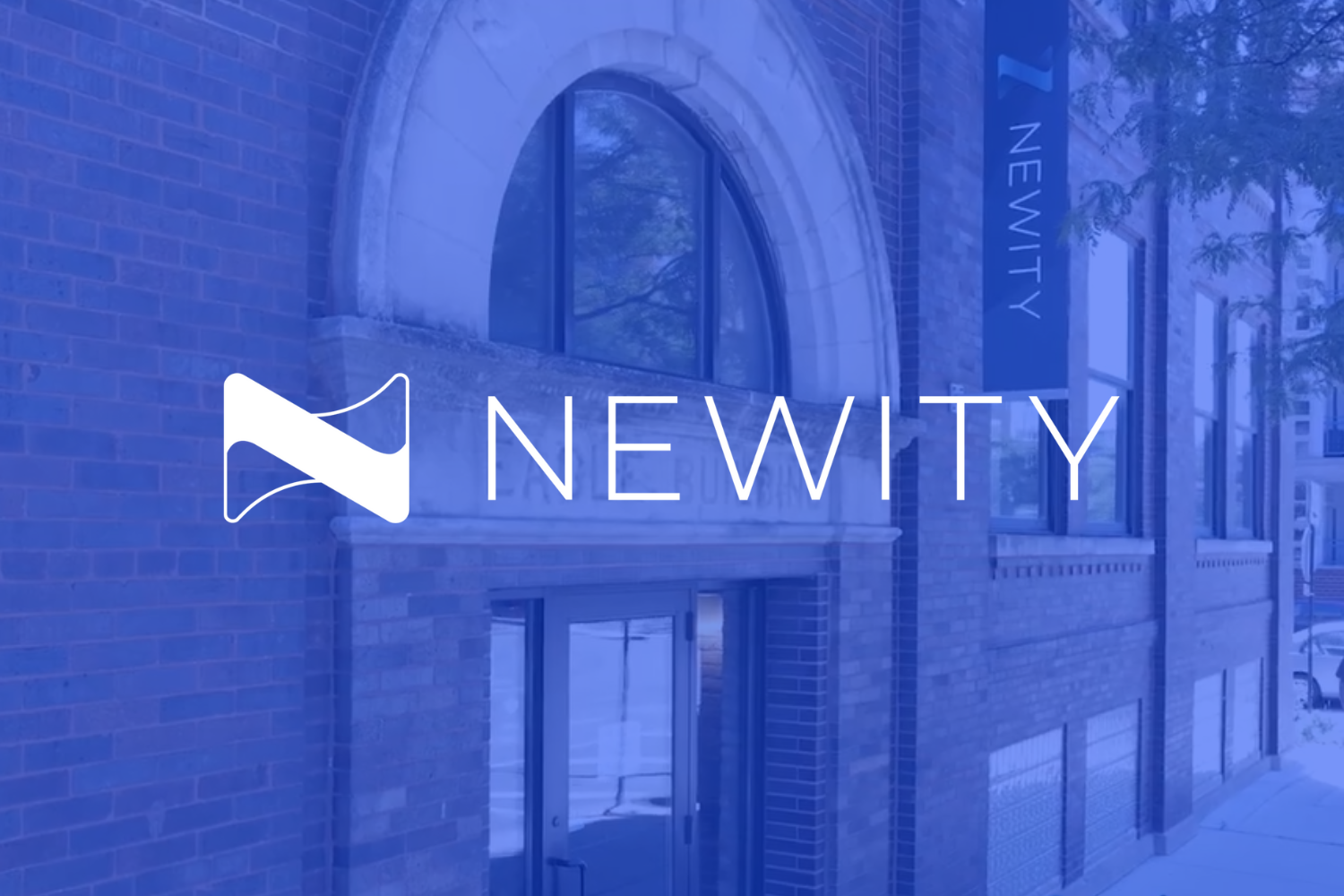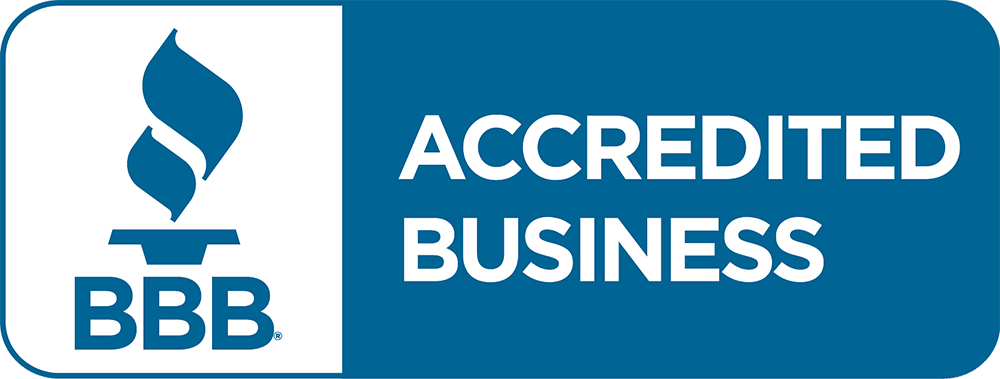When you’re in the process of applying for a small business loan, lenders take a close look at certain metrics to gauge risk. Whether you are aiming to qualify for an SBA 7(a) loan or just increase the size of your loan offer, it’s essential to focus on improving your business in these critical areas.
Revenue
Revenue is the total income through the sales of goods and services by your company. The formula to calculate your company’s revenue is simple. Calculate the number of units sold/customers served multiplied by the price.
Lenders assess a company’s revenue to gauge its repayment capacity. A higher revenue amount indicates a likelihood of more financial resources to repay a loan. Additionally, higher revenue serves as a key indicator of a business’s financial health and stability.
Outstanding Debt
Outstanding debt is the overall amount a business owes to their lenders or creditors. You can compute your outstanding debt by calculating the sum of all current and long-term liabilities. When applying for an SBA 7(a) loan, you may need to complete a debt schedule.
This is a sheet where you record all the details about your outstanding debt. This includes creditor/lender name, origination date, maturity date, original debt amount, current balance, and interest rate. Lenders check borrower’s existing debt to ensure they can take on more financial responsibilities without straining their finances.
Debt-to-Income Ratio
Debt-to-income ratio (DTI) is the ratio of total debt payments divided by gross income expressed as a percentage, usually on a monthly or yearly basis. For example, if your monthly income is $1,000 and you spend $250 on debt each month, your DTI ratio is 25%.
Lenders often have DTI thresholds that applicants must meet to qualify for a loan. A lower DTI ratio means you have less debt compared to your income, making you lower risk as a borrower.
Credit Score
A credit score is a number ranging from 300-850. It serves as a measure of your business’s creditworthiness and your ability to manage borrowed funds responsibly. When applying for a business loan, lenders will look at both your personal credit score and your business credit score.
Lenders calculate your credit score by evaluating various aspects of your credit history. This includes payment history, types of credit used, new credit history, length of credit history, and total debt.
Furthermore, it is important to establish your business credit score for new and growing businesses. New businesses must capture all business transactions in the name of your business by using your business’ tax ID within your business’ bank account. You can read more about how to establish and grow your business credit score here.
Your revenue, debt, debt-to-income ratio, and credit scores are important in deciding if you qualify for a business loan. Lenders will look at these factors to assess your financial health and ability to repay the loan. A strong financial profile can improve your chances of approval for a business loan. Improving across these metrics will boost your eligibility for an SBA loan and help you secure a larger loan amount.
Need a small business loan?
NEWITY provides access to capital, primarily through the SBA 7(a) loan program. Through our platform, you can easily apply for a low-interest, long-term small business loan up to $500K. We’ve designed our system to check your eligibility and potential loan amount without affecting your credit score.

